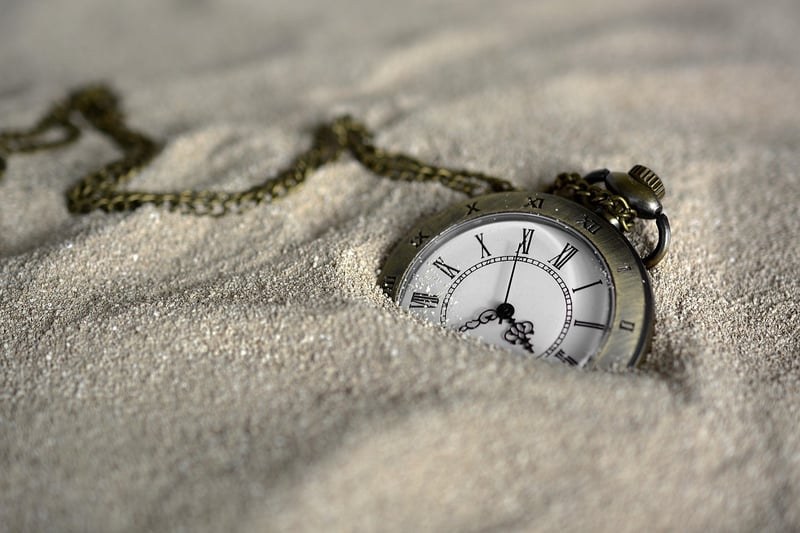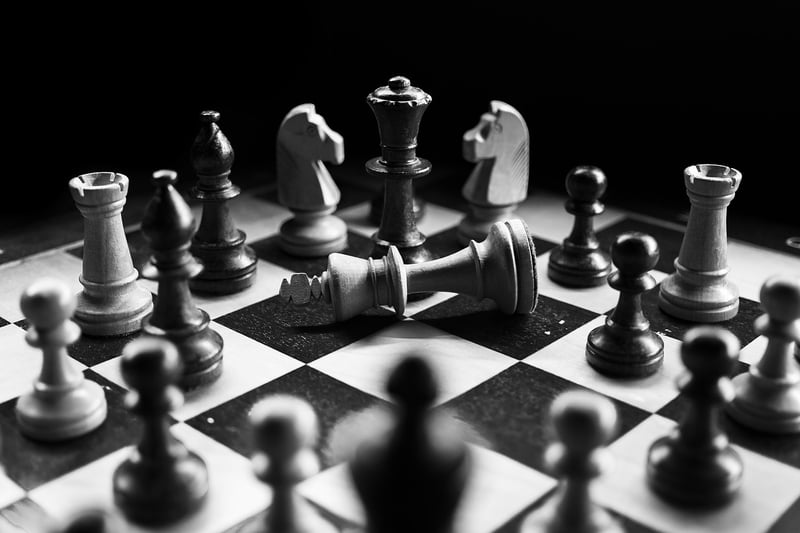Alteration Dilemmas
The Moral Implications of Time Travel and Alteration Dilemmas

Time travel has long captured the human imagination, offering a tantalizing prospect of changing the past or shaping the future. However, beneath the excitement lie profound ethical considerations and alteration dilemmas that challenge our understanding of causality and responsibility.
Paradoxes and Consequences
One of the key moral implications of time travel is the potential for paradoxes. The classic example is the grandfather paradox, where a time traveler goes back in time and prevents their grandfather from meeting their grandmother, thus preventing their own birth. This raises questions about the consequences of altering the past and the impact on one's existence.
Ethical Dilemmas
Time travel also presents ethical dilemmas regarding interference with historical events. Should we intervene in past atrocities to prevent suffering, or does such meddling risk unintended consequences and the erasure of important lessons from history? These dilemmas force us to confront the complexities of moral responsibility across time.
Temporal Ethics
Furthermore, the concept of temporal ethics emerges, questioning our obligations to different temporal locations. What duties do we owe to the past, present, and future? How do our actions in one time period affect others across the temporal spectrum? These considerations highlight the interconnectedness of time and morality.
Conclusion
In the realm of time travel, the allure of altering the past or shaping the future comes with profound moral implications and alteration dilemmas. As we contemplate the ethical complexities of time manipulation, we are reminded of the delicate balance between agency and consequence in the vast tapestry of time.
For further exploration of this topic, you may be interested in the Stanford Encyclopedia of Philosophy entry on Time Travel.
